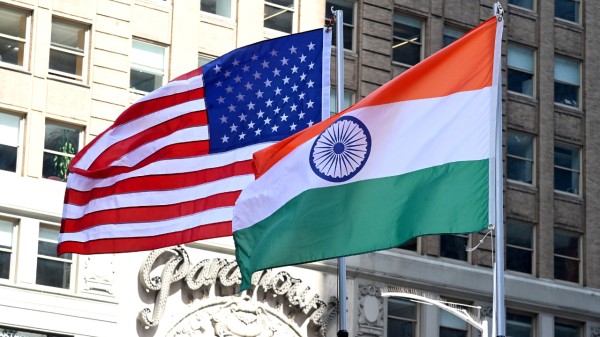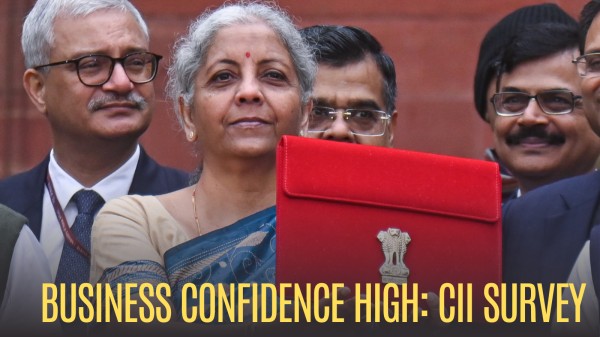

By signing in or creating an account, you agree with Associated Broadcasting Company's Terms & Conditions and Privacy Policy.


By signing in or creating an account, you agree with Associated Broadcasting Company's Terms & Conditions and Privacy Policy.

Kolkata: As the talent market gets more and more discerning, Randstad Employer Brand Research 2025 has pointed out that India’s workforce is increasingly prioritising with work-life balance, equity, and attractive salary and benefits coming out as primary drivers. The survey has found out that The IT, ITeS, & GCC sector emerges as the most desirable industry to work in India.
GenZ members (those born between 1997 and 2012) are driving job-switching trends. Moreover the usage of AI is rising with 60% of employees employing is regularly at work. Anothe feature has been that 90% of the employees want reskilling support, which is turning out to be a priority for job seekers and also those already working.
According to Randstad authorities, the "Tata Group scored very high on financial health, career progression opportunities, and reputation – the top 3 Employee Value Proposition (EVP) drivers for the organisation as per the survey." The second and third spot were occupied by Google India and Infosys. Significantly, there is a public sector unit representative in the top 10 list -- State Bank of India, the largest bank in the country with its number of customers hugely exceeding the total population of the US and Russia.
Microsoft, Mercedes Benz, Amazon and L&T which were in the best employer list of 2024 have not found a place this year. Microsoft topped the list last year.
Tata Group
Google India
Infosys
Samsung India
JP Morgan Chase
IBM
Wipro
Reliance Industries
Dell Technologies
State Bank of India
Randstad authorities have said that they have asked a simple question: "Would you like to work for this company?" Then they evaluate the companies on key factors that they have identified in the past 25 years during which the firm has done this survey. This is the 15th year of this survey in India.
The survey has said that the data of 2025 survey "reveals a steady rise in job-switching intent, especially among younger talent. It’s a wake-up call for employers to move beyond transactional perks and build organizational cultures rooted in trust, transparency, and shared purpose. With work-life balance once again the top EVP driver, and reskilling gaining priority across all talent age groups, it’s time for organisations to reimagine and realign their EVP strategies to stay relevant."












